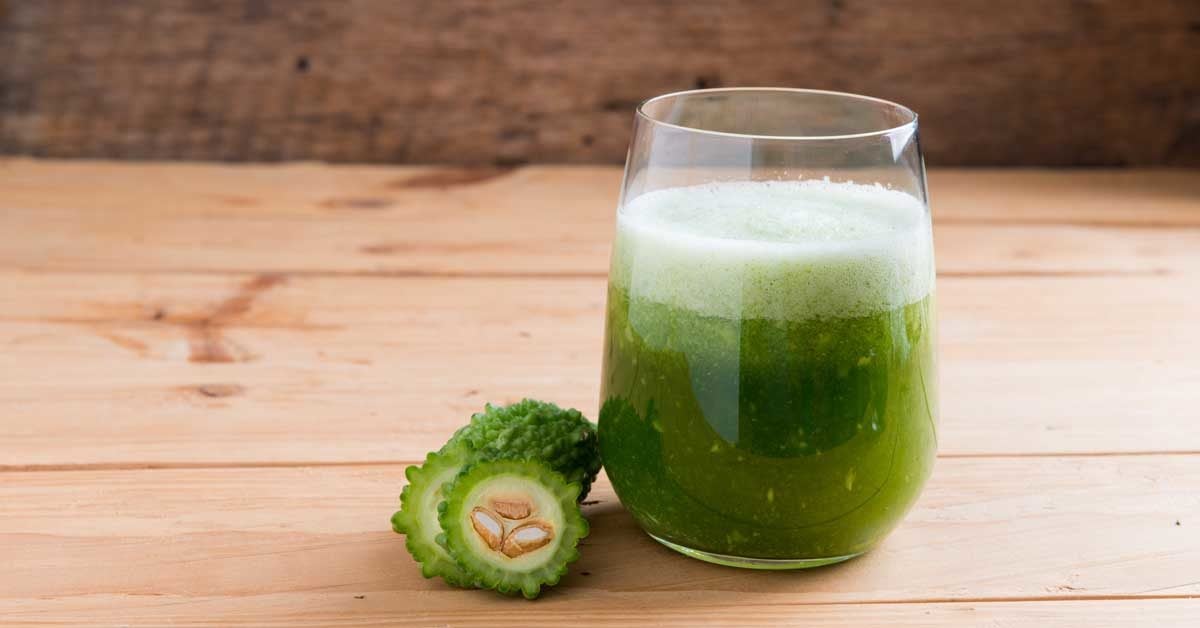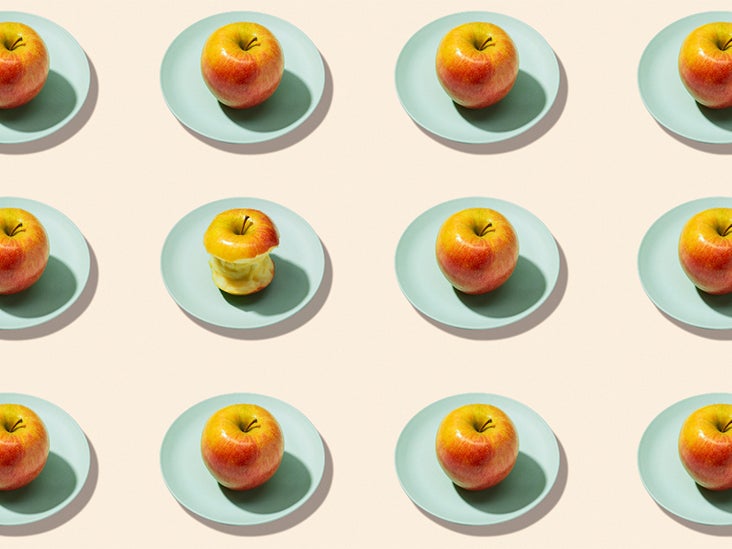
Vitamin C isn’t the only antioxidant in cranberry juice. Vitamin C also helps you heal after injuries, produce collagen, absorb iron, and boosts your immune system. This may help reduce your risk of developing various diseases such as cancer, heart disease, and more.
#APPLE JUICE NUTRITION FACTS FREE#
A powerful antioxidant, it helps stop free radicals from damaging cells and DNA in your body. Vitamin C plays many important roles in the body. Potential Health Benefits of Cranberry JuiceĬranberry juice is an excellent source of vitamin C and provides 39% of your recommended daily allowance in an 8-ounce serving. One cup of unsweetened cranberry juice contains: In addition to antioxidants, cranberry juice offers small amounts of several vitamins and minerals, including: While this is one of the most common reasons why people drink it, cranberry juice offers several other health benefits. Some people drink it to help prevent urinary tract infections. The state of Wisconsin alone produced 4.6 million barrels in 2019.Ĭranberry juice might not be as popular as orange or apple juice, but it’s a delicious beverage with many health benefits.

The United States is the world’s largest producer of cranberries.

Cranberries are closely related to blueberries, bilberries, and huckleberries. They grow on creeping, low-lying vines, and do best in peat-based soil and damp conditions. To enjoy the benefits of carrot juice without consuming too much vitamin A or beta-carotene, drink no more than half a glass - or 4 ounces a day.Cranberries ( Vaccinium oxycoccos or Vaccinium macrocarpon) are small, red berries native to the United States and Canada.
#APPLE JUICE NUTRITION FACTS SKIN#
Drinking too much carrot juice can lead to carotenemia, a temporary condition where skin takes on a yellowish tint from too much beta-carotene in the blood. Potential Risks of Carrot JuiceĬarrot juice contains more beta-carotene than raw carrots do. Carrots contain vitamin E and other antioxidants, which can help to lower cholesterol levels, regulate blood pressure, and lower the odds of atherosclerosis and heart disease. Eating carrots can help to lower your chances of cardiovascular complications. The beta-carotene found in carrots are also great for overall eye support and protection from ultraviolet light.

Carotenoids like lutein and zeaxanthin are especially useful for protecting the lens and retina and for blocking blue light absorption. Carrots are perhaps best known for their connection to eye health. Potential Health Benefits of Carrot JuiceĬarrots are filled with beta-carotene and vitamin A, strong antioxidants that help protect your cells from damage and lower your risk of some diseases. One 8-oz glass of pure carrot juice contains: One 8-ounce glass of carrot juice has about 800% of your daily recommended intake of vitamin A and about 16 mg of beta-carotene, more than enough to meet your daily requirement.Ĭarrots also contain numerous vitamins and minerals that help improve your health: Orange carrots and carrot juice are rich in beta-carotene and vitamin A. Orange carrots remain the most popular variety and are used for most carrot juices. Today, carrots grow in countries all across the world, with the largest producers being the United States, China, India, and Russia. The Dutch were especially fond of orange carrots, and it is from their influence that we have the modern orange carrot.

During the 1700s, Europeans began favoring the orange variety. Groups in this region began favoring plants based on their color and flavor, eventually cultivating two main varieties: the Eastern/Asiatic carrot, which is purple or a deep red-orange, and the Western carrot, which is orange, white, or deep yellow.ĭomesticated carrots co-existed with wild carrots, although only the domesticated carrot was used for food. This high elevation area is where Afghanistan, Iran, and Pakistan exist today. Wild carrot is native to many parts of Asia, Europe, and Northern Africa, but domestication started in the Iranian Plateau around five thousand years ago. A glass of it offers valuable nutrition and a slightly sweet, earthy taste you'll know right away.ĭaucus carota sativus is the domesticated carrot, and it looks nothing like its ancestor, the wild carrot, known as Daucus carota. Carrot juice provides a colorful and nutritious start to your day.


 0 kommentar(er)
0 kommentar(er)
